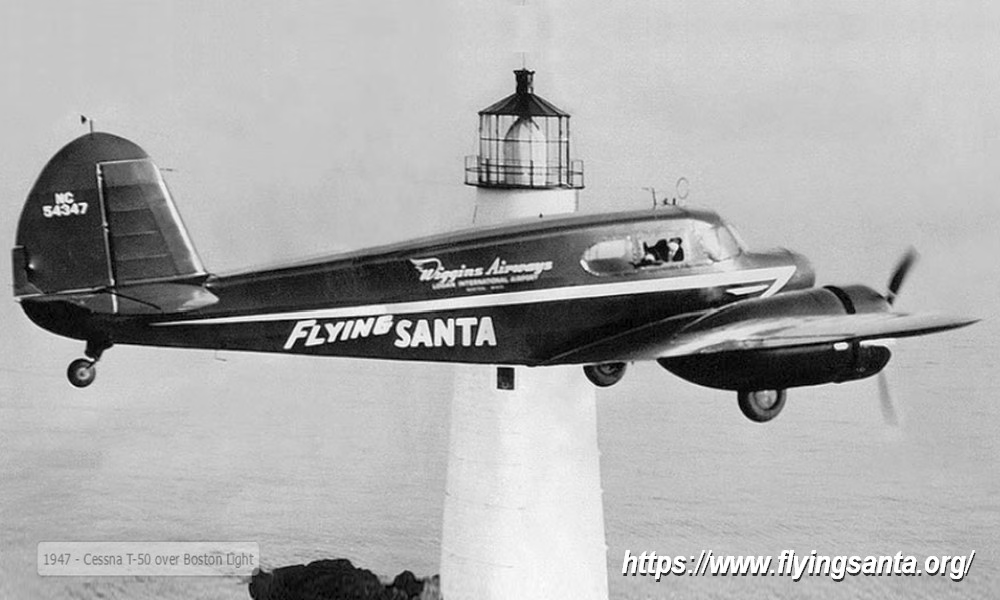
In 1929, Captain William Wincapaw, an aviation pioneer from Friendship, Maine, initiated a heartfelt tradition known as “The Flying Santas.” Recognizing the vital yet isolated role of lighthouse keepers along New England’s treacherous coastline, Wincapaw sought to express his gratitude for their dedication to maintaining navigational beacons that ensured the safety of countless mariners and pilots, including himself.
On Christmas morning, Wincapaw loaded his single-engine floatplane with festively wrapped parcels containing practical gifts such as newspapers, tobacco, spices, coffee, candy, soup, yarn, and toys for the keepers’ children.
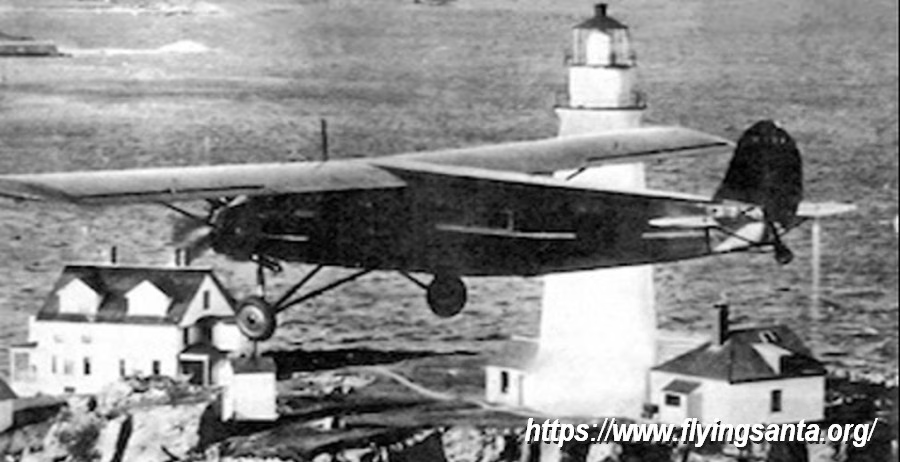
Navigating by a rudimentary compass, he flew over lighthouses near Rockland, Maine, skillfully dropping the packages to the astonished keepers below. This act of kindness not only brought joy to the recipients but also highlighted the often-overlooked sacrifices made by these guardians of the sea.
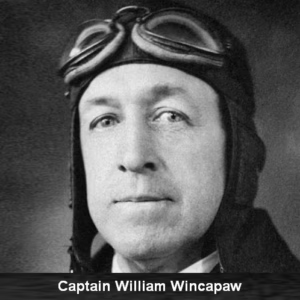 The success of this initial venture inspired Wincapaw to expand his efforts in subsequent years, extending his aerial gift deliveries to include Coast Guard stations and lightships along the eastern seaboard. His son, Bill Jr., and fellow pilots joined the mission, ensuring that even more maritime workers received recognition and holiday cheer. The tradition persisted through the challenges of World War II, adapting to increased security measures by coordinating with military authorities to continue the cherished deliveries.
The success of this initial venture inspired Wincapaw to expand his efforts in subsequent years, extending his aerial gift deliveries to include Coast Guard stations and lightships along the eastern seaboard. His son, Bill Jr., and fellow pilots joined the mission, ensuring that even more maritime workers received recognition and holiday cheer. The tradition persisted through the challenges of World War II, adapting to increased security measures by coordinating with military authorities to continue the cherished deliveries.
After Wincapaw’s passing in 1947, the mantle was taken up by Edward Rowe Snow, a maritime historian and author who had previously collaborated with Wincapaw. Snow, accompanied by his wife and daughter, sustained the Flying Santa tradition for over four decades, personally funding and organizing the annual flights. His dedication ensured that the lighthouse keepers and their families continued to feel appreciated and connected during the holiday season.
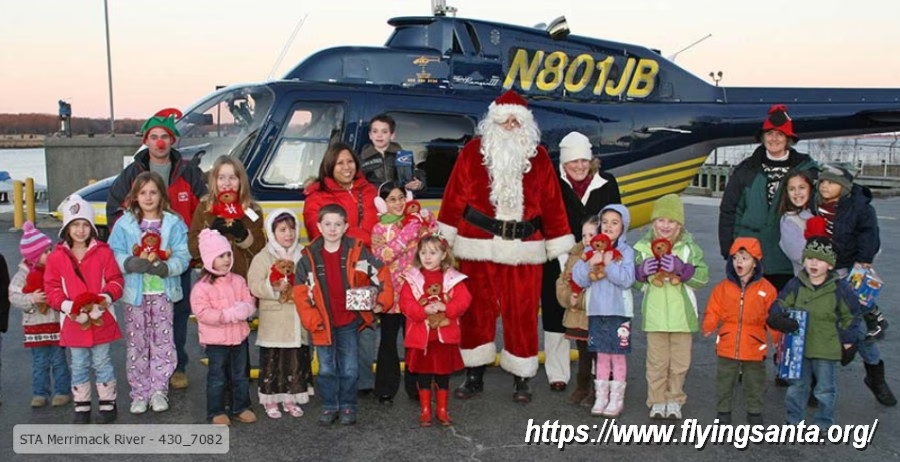
In 1981, the responsibility for the Flying Santa program transitioned to the Hull Lifesaving Museum in Massachusetts, which maintained the practice until 1997. Subsequently, the Friends of Flying Santa, a nonprofit organization, was established to preserve and continue this unique tradition. Today, the organization utilizes helicopters to deliver gifts to Coast Guard families stationed in the Northeast, honoring the legacy of Captain Wincapaw’s original mission.
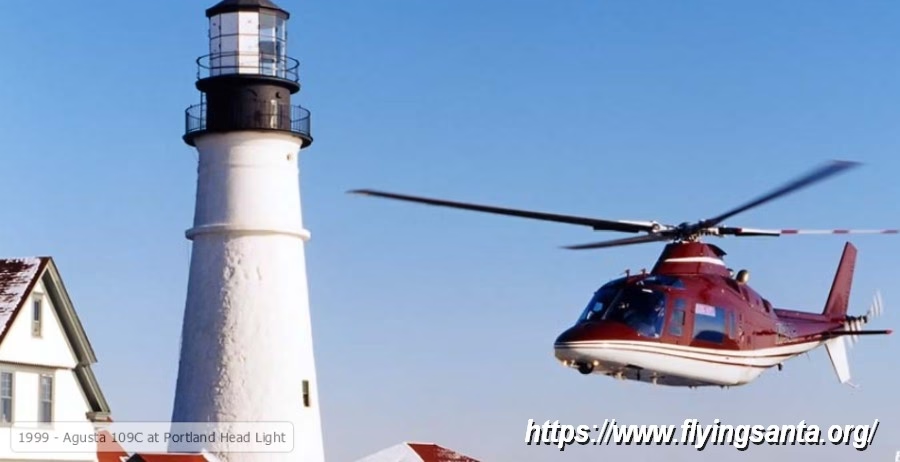
The enduring story of the Flying Santas serves as a poignant reminder of the profound impact that a single act of kindness can have, fostering a sense of community and appreciation among those who dedicate their lives to safeguarding others.




